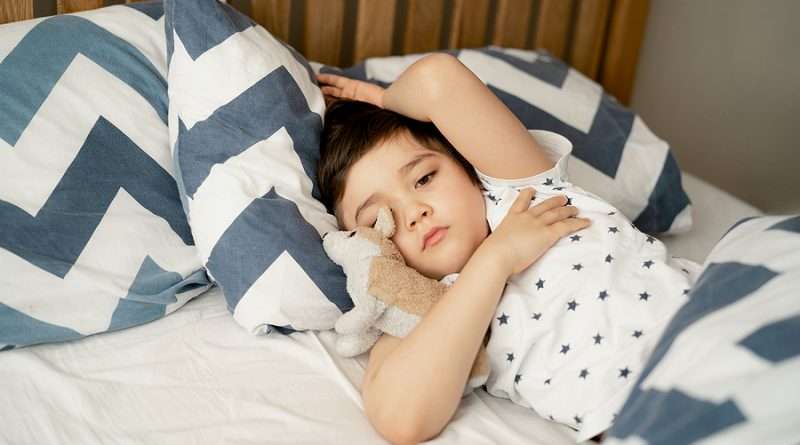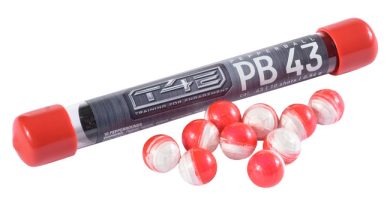6 Ways to Protect Matters From Bed-wetting
Bed-wetting is a common problem that many children face in their childhood. It is also known as nocturnal enuresis, a medical term for children who regularly wet the bed. Bedwetting may be brought on by a number of different conditions, including problems with the bladder or the nervous system (like cerebral palsy) or with sleep itself (like obstructive sleep apnea). Now in this article, I will share with you some of the most effective ways to help you protect your mattress from bedwetting. So let’s start. Waterproof anti allergy mattress protector is great for protecting Mattress.
Bed-wetting is Also Known as Nocturnal Enuresis
Bed-wetting, or nocturnal enuresis, is a common problem in children. The Bed-wetting can cause embarrassment for the child and their family. It can also lead to social problems for the child as they age. Many things you can do to assist your kid in getting a good night’s sleep and avoid wetting the bed.
Methods:
Ensure your child drinks enough water daily (8+ glasses). The more water they drink throughout their day, the less likely they will wake up from thirst at night and have the urge to use the bathroom. Avoid drinking fluids after 6 pm or just before bedtime so that it doesn’t affect how well your child sleeps through the night without having accidents on sheets or pyjamas!
Notice that your child has started wetting their bed more than once a week. It may be time to consider seeing a doctor about medication options like Imipramine which works by slowing down messages between brain cells, so kids stay asleep longer without waking up during REM cycles where dreams occur most often – therefore reducing the frequency of urination while sleeping due to overactive bladder function caused by stress hormones released into bloodstream since childhood development stages usually end around puberty age range could cause serious health issues later on life if left untreated!
Effective Ways to Help You Protect Mattress From Bedwetting
Bed-wetting is a common problem in children, which occurs when they have not yet mastered the skill of urinating at night. It is usually see among children between 4 and 8 years old, although it is occur at other times.
It’s important to understand that bedwetting is not cause by laziness or lack of toilet training but rather by physiological reasons that affect your child’s body during sleep. A child with this condition will often wake up completely dry and will not remember wetting their bed at all.
Bedwetting happens because of several factors, including:
- Respiratory Issues – The inability to empty their bladder due to respiratory problems such as asthma or allergies can cause bedwetting episodes in some cases
- Other Physical Conditions – Some physical conditions, such as diabetes or hyperventilation syndrome, may cause your child’s bladder muscles to relax while they sleep, leading them to urinate involuntarily when relaxed.
Mattress protector
The first thing that will help you a lot in protecting bedwetting is choosing a waterproof mattress protector.
- Waterproof mattress protectors are made with a vinyl or polyurethane coating that prevents liquid from soaking through the pores of your mattress and into the foam core. This protects your existing mattress from wear and tear, extending its life by years.
- Waterproof mattress protectors are washable and reusable, so they’re a great investment over time! They’ll save money on replacing an expensive new mattress every few years because your child has accidents at night or spills juice or milk on their sheets during daytime playtime (or both). You can also use waterproof mattresses in hotels, hostels and other places where you’d like extra protection against those pesky stains!
Then Enuretic Alarm is Another Great Tool
They are a great tool that can help in protecting mattresses from bedwetting. It is a device that helps in waking the child up when they wet the bed. In this case, it is important to teach your child to wake up within three minutes of hearing an alarm, or it will go off again and again until he/she gets out of bed. Alternatively, if you prefer not to use alarm clocks at night, cloth diapers can be an alternative solution (but this may take some time).
Some important Tips
- Change sheets and pillowcases often.
- Wash bedding weekly in hot water. Use a waterproof mattress protector if needed.
- Use a bedwetting alarm, which will alert you when your child wets the bed so that you can wake them up before they go back to sleep.
Keeping the Mattress Dry and Clean Will Be Beneficial for the Child
Keeping the mattress dry and clean will be beneficial for the child. You can use a mattress protector, a sheet that covers your child’s mattress and protects it from urine stains and odours. The enuretic alarm can also help you detect when your child is wetting his or her bed at night. If you don’t want to use an enuretic alarm, simply changing the sheets often will work fine too!




